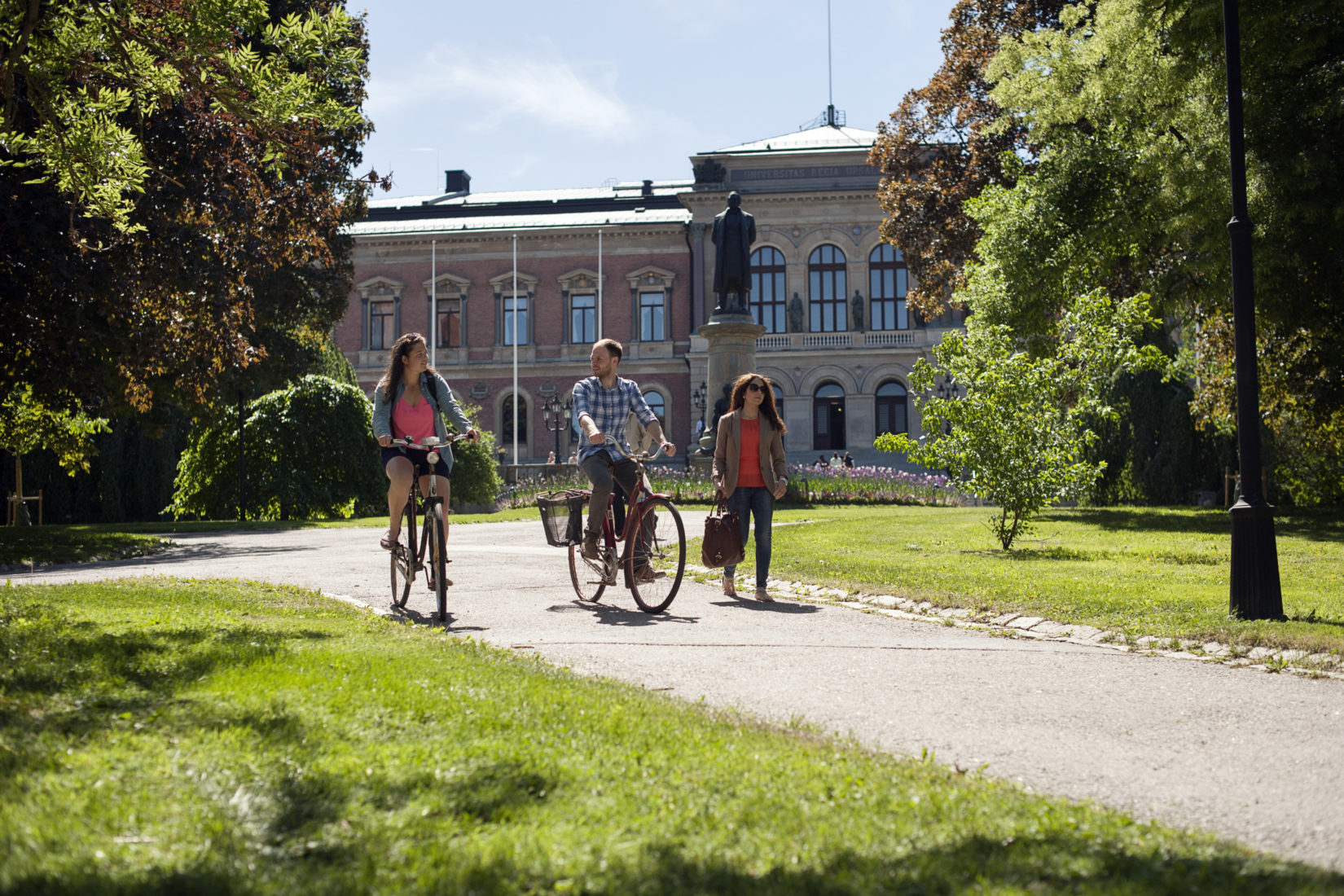The pandemic put online education in the spotlight. Lyudmyla Babak at Uppsala University in Sweden, says that while many students and teachers had surprisingly positive experiences of digital education, their international exposure became much more complicated as they were not able to travel.
– Under normal circumstances, only a small portion of the students and teachers have the opportunity for international exchange through for example study visits. Particularly in the Eastern Partnership countries. This became even more problematic with the restrictions during the pandemic.
The project Digital at Home, that promotes digital or virtual exchange, works with tools that can help higher education institutions make education more international without having to travel.
– This allows more teachers and students to take part in international exchanges in the Baltic Sea region, from their own classrooms, says Lyudmyla Babak.
Digital at Home is a collaboration between academics in Sweden, Ukraine, Belarus, Lithuania and Poland. All of them are part of the Baltic University Programme, which is a network of 95 universities in 12 countries set up in 1991, and several partners have been working together for years. Therefore, they knew that deeper internationalization was something that many teachers already requested.
– We decided to develop this idea and work together to promote internationalization at home, says Lyudmyla Babak.
The project will primarily test the virtual exchange on two different courses. One is about climate change in the Baltic Sea region, the other about the Baltic Sea region’s social development since the end of the Cold War.
– In the long term, we hope that this project will be a springboard to more in-depth collaborations with several academic institutions in the region, as well as the development of several different courses in sustainability science. In a few years, we hope that we can offer the universities in the Baltic Sea region a wide range of digital courses, where the universities can teach the material together online, says Pontus Ambros at Baltic University Programme.
The project is funded by the Swedish Institute. The purpose of this particular programme is to offer support for academic collaborations between universities in the Baltic Sea region and in the EU’s Eastern Partnership countries and Russia.
According to Markus Boman at the Swedish Institute, the academic world is particularly important for the development of societies.
– Universities are cornerstones in these processes, and we believe that there is still untapped potential for more academic collaborations between Sweden and the countries within the EU’s Eastern Partnership and with Russia.
The Swedish Institute currently has an open call for applications for new projects that revolve around academic collaborations.
– This form of support can help diversify the university’s contacts with the outside world, build new collaborations and explore each other’s strengths and fields of development. Also, it can be used to strengthen the university’s work with internationalization, by learning from universities and colleges in countries where you usually do not work or have strong contacts with, says Markus Boman.
Facts
The project Digital at Home has received funding from the Swedish Institute’s programme for Academic collaboration in the Baltic Sea region.
A call for application is currently ongoing and closes 30 September 2021.
